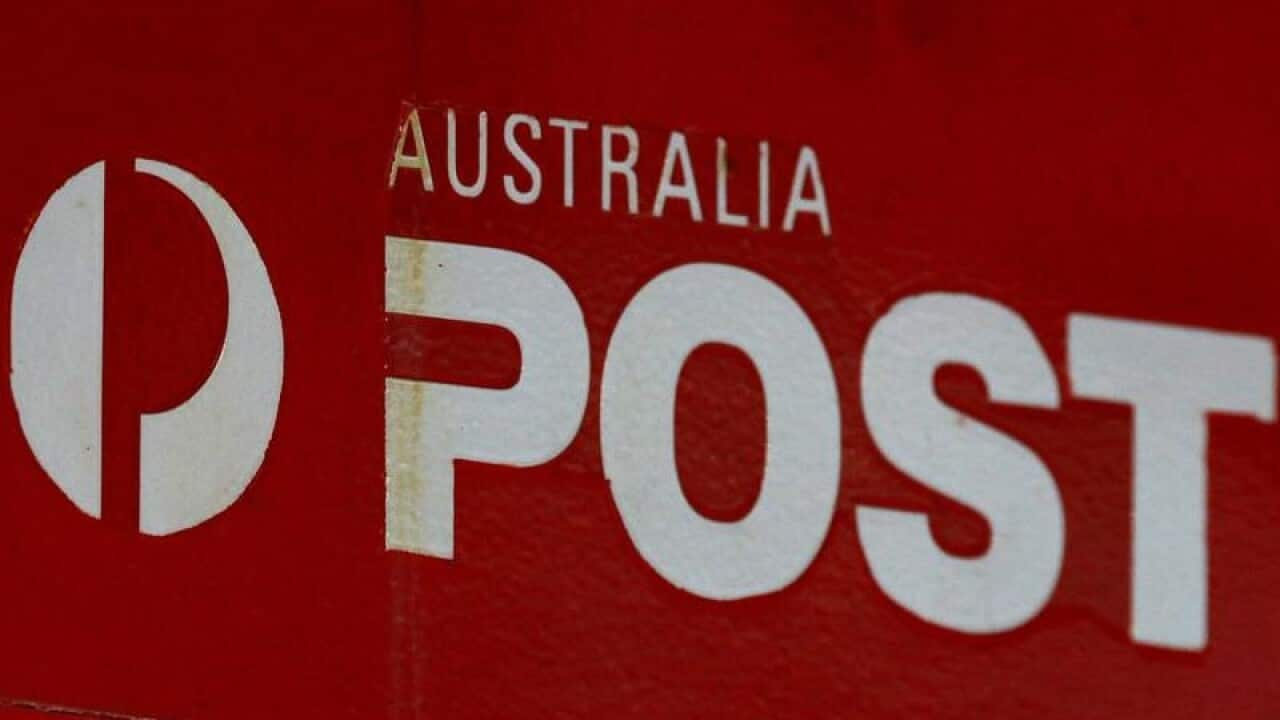There are some things in life that are certain, be it death or taxes. For Ling Krah, it’s the value of education.
“It’s something that nobody can take away from you,” the Melbourne mother told SBS World News.
“There are things that happen in life you cannot expect like [bad] health or disaster. But there are things within your control, and education is one of them.”
Growing up, the value of education was ingrained in Ms Krah. Her mother was forced to flee the family home as a young girl in China because of the civil war. She couldn’t go to primary school, with the conflict leaving her without the ability to read or write.
So her mother taught herself – and would later graduate from university and become a geology professor.
Ms Krah, now a mother of two, has passed on that emphasis on education to her children.
“Education changed her life,” Ms Krah said of her mother.
“When we were growing up there was always quite a strong emphasis on education and how skills and knowledge can literally change the outlook of your life.”
Sydney-based father Atul Khapli is of a similar mind, stressing education will open opportunities for his young son.
“I never push him to just study, study and study – because that is just one part of life,” he told SBS World News.
“But I definitely want him exposed to OC and selective classes as well.”
Educational expectations
A new Australian study from education group ASG and Monash University - which surveyed more than 1800 Australian parents and guardians - has found 80 per cent of Indian and other Asian parents set high expectations for their child’s academic achievements.
The study also found most Asian and Indian parents want schools to do more to teach their child social skills.
They also want their school to teach their kids about how to behave in public - and 62 per cent believe sexual education is best learnt at school.
Mr Khapli says he comes from a background where “there is a lot of competition” and poverty is more overt.
“It is often said that India is a country of only Number Ones – so that’s why we are... after education,” he said.
“We have a feeling that it opens a gate for earnings and... better living standards.”
Report co-author Sivanes Phillipson says many ethnic parents come to Australia for educational opportunities.
But having higher expectations can be good, she argues.
“The relationship between parent expectation and mapping scores in reading and numeracy shows that positive relationship,” she said.
“When parents have higher expectations their children have better NAPLAN outcomes.”
Ms Krah doesn’t believe in extra tutoring. Her kids attend music lessons and other extra curricular activities but she doesn’t want excessive schooling to rob them of their creativity.
And that’s also something she’s learnt from her mother’s life journey.
“With education she could travel and could see the world from a totally different angle," she said.
“It opens up your world.”











